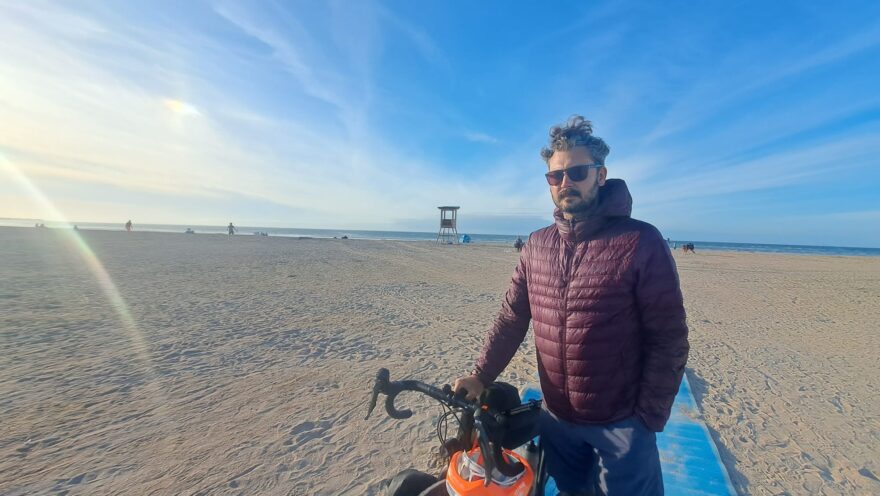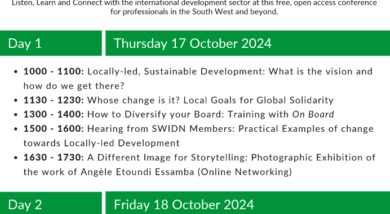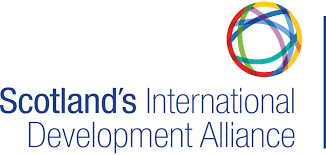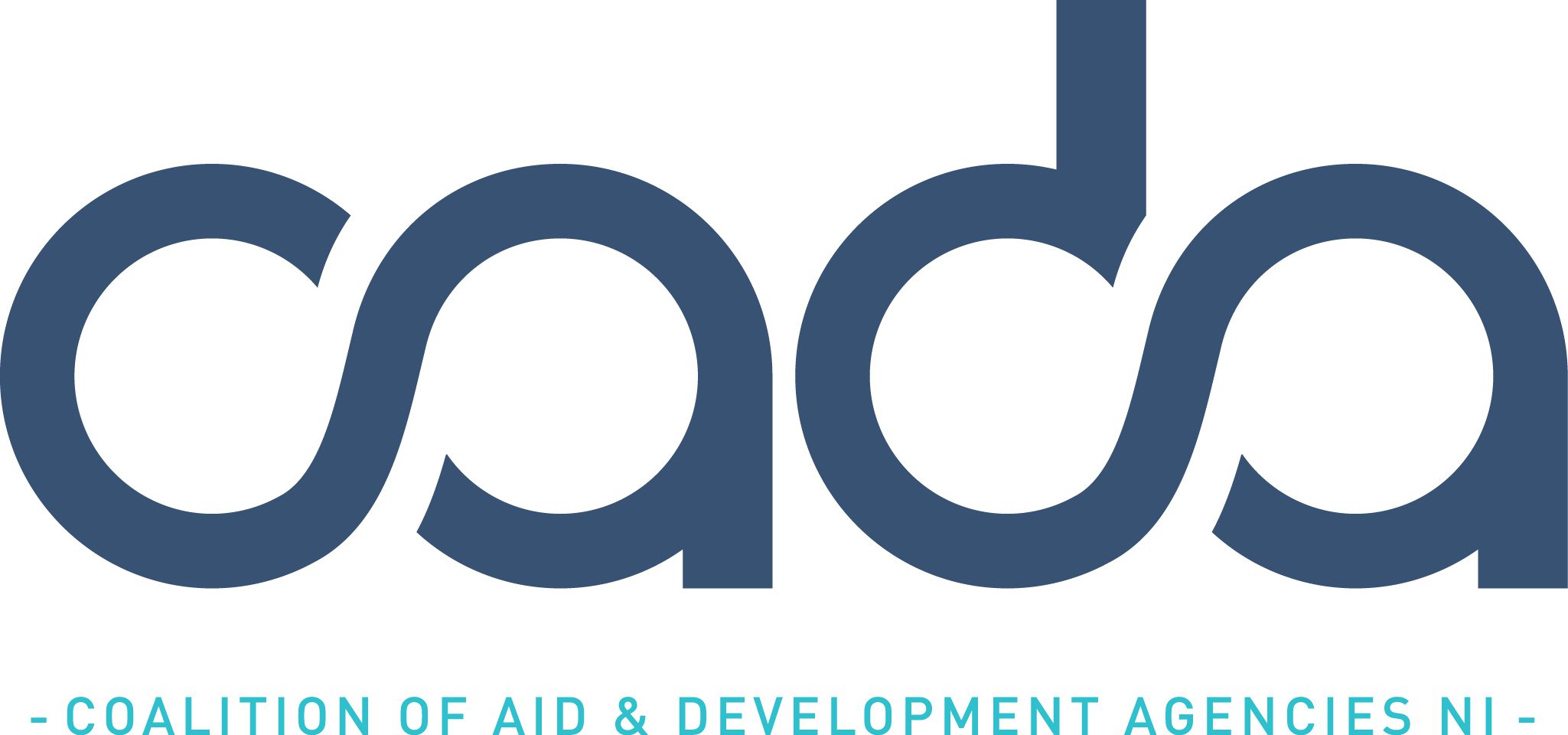21 November 2024
Career Journeys Blog #3 – Ben Forrest

A huge thank you to Ben for the latest addition to our career journeys blog series! read about his fascinating experiences here-
What first interested you about working in the international development/global solidarity sector?
My interest in working in the international development sector developed in a roundabout way – to coopt a term from the book of the same name, I have had what might be called a “squiggly career”.
After graduating with a degree in Psychology, which had aspects I found interesting but not that I necessarily wanted to pursue further, I decided to try something different and teach English in southern China. Whilst I wasn’t a natural teacher, I absolutely loved being in a different country and culture, and in particular one that had undergone such huge social and economic change over such a short period of time. This transformation and the drivers behind it fascinated me and led me to pursue a Masters in the Politics of China at the School of Oriental and African Studies (SOAS) in London, where I focused on social and environmental issues in particular. This reinforced my interest in these areas and set me on the path towards working in sustainability and subsequently international development more broadly.
Can you tell us more about your previous roles and how you moved between them- i.e. what led you to move roles each time?
I was lucky enough to be able to do an internship straight after my master’s at a very small charity in London that provided companies with a framework for reporting environmental information. Towards the end of the internship, I met the China Director of the larger charity which was hosting the charity I was based in. He said that I was welcome to spend some time helping them at their Beijing office, which I was fortunate enough to be able to do. With just a week to go before I returned to the UK with no plans for what to do next, I found a job in business development in a consulting firm working in sustainable development through attending an event on behalf of the charity I had been helping.
This led onto roles in Bangkok and back in Beijing again in organisations, both private and not-for-profit, with a focus on climate change and sustainable development. I was able to gain experience in some really interesting places, through being in the right place at the right time (and being privileged enough to have the resources to be able to make the most of that), through making connections through work that led onto other opportunities, even if not immediately, and by taking some chances. I also had a huge number of unsuccessful job applications, which can be disheartening at times, but in hindsight meant that other positive things opened up as a result.
This experience in different countries and contexts was integral to securing a role at the International Institute of Environment and Development (IIED) in London, which was a really inspiring place to work. Again, I was working in business development, helping researchers secure funding for their work. When the pandemic happened, I decided to try something different, working briefly in bids and tenders for an executive search consultancy specialising in assisting organisations working in international development. This remote position gave me the flexibility to move to a new city and ultimately led to my current role in research development at the University of Bristol. The university is a fascinating place to work. In my role I support academics with grant applications for both Official Development Assistance (ODA) funding, but also international funding more generally.
A squiggly career so far and one that I’m sure will squiggle further.
What is your favourite thing about your current role?
I really enjoy the varied nature of my current role. I get the opportunity to work with academics from across the various faculties at the University – from those working in arts, humanities and social sciences, to those in engineering and science. The nature of support required varies immensely and even though academics are all seeking ODA/international grant funding, I have to push myself to understand new and diverse areas.
I also work primarily with early career researchers (those who have more recently been awarded their PhDs), which is incredibly rewarding. Helping an academic who is working in international development and is looking to establish their career in the small way that I can is very motivating.
What advice would you give to young people or recent graduates looking to gain experience in international development? Is there anything you would suggest to those who perhaps don’t have the resources to volunteer for long periods of time/ go overseas to volunteer?
Depending on where you are based, there may be events or talks focused on an aspect of international development that you could attend, often for free, which can be a good way to meet people and build an understanding of what areas others are working in that might be of interest.
Some charities based in the UK with an international focus, including SWIDN members, sometimes look for volunteers, which can be on a part-time basis. Although this can be tricky to balance if you’re studying or working, some organisations are grateful for any help you can provide so this can be a good way to gain exposure to the international development sector without necessarily going overseas. Don’t rule out volunteering for something with a more local focus either – skills, knowledge and experience is almost always transferrable!
The University of Bristol has an apprenticeship programme, which creates entry level career opportunities. A wide variety of apprenticeships are offered, and whilst they might not be directly related to international development, they can be very useful for seeing if working in a university setting might be right for you (not something I would’ve considered when looking for a career in international development!). There are apprenticeships in the division I work in, the Division of Research, Enterprise and Innovation, where apprentices are exposed to UK and international research funding, and also in other areas of the university. Again, opportunities such as these provide a wide range of highly sought after transferrable skills, so can be a great way of building these up. You can find out more here: https://www.bristol.ac.uk/inclusion/diversify-your-workforce/excelbristol-apprentices/










